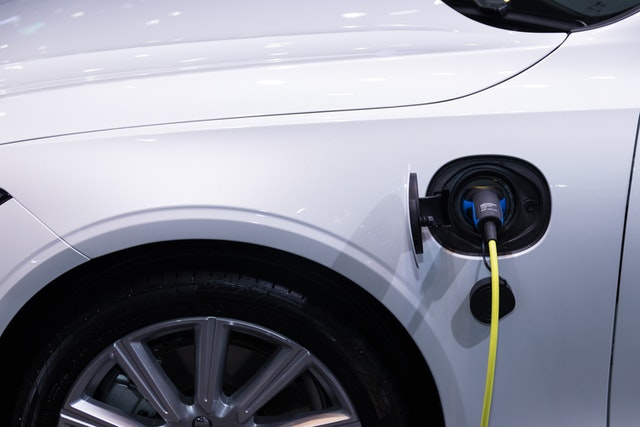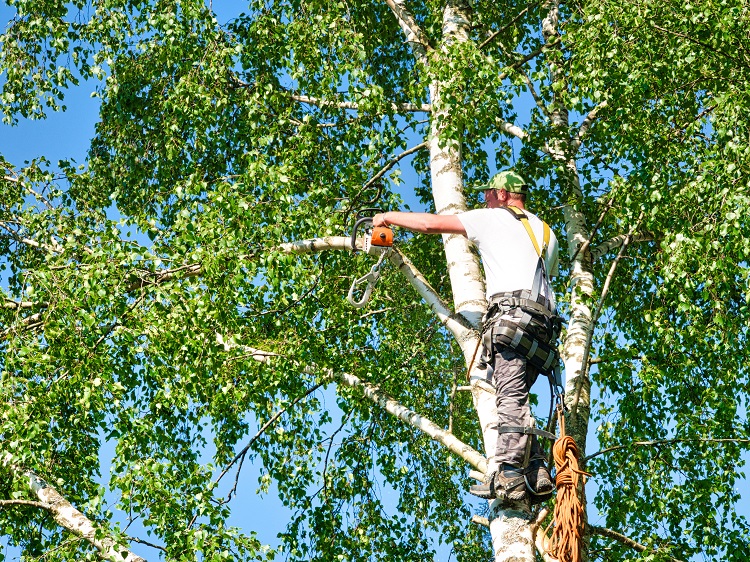
Sustainability is on everyone’s lips at the moment – thanks to The Sustainable Development Goals being rolled out across the world. This is a universal call for governments and individuals to do their bit to protect the planet, end poverty and improve the lives and prospects of everyone.
As a business, you can do your bit too by taking a few small environmentally friendly steps to becoming a sustainable business both now and in the long term.
Be smart with your business processes
At home, we’re told to recycle and be careful with energy so why should we be any different at work? Consider what you can do in the office that will reduce energy consumption – be it turning off lights and equipment when they’re not being used or using less heating.
Allowing your team to work from home or even holding meetings online will reduce the need for travel too. Alternatively, you could change existing products for more energy efficient ones like LED lighting with motion sensors and timers. Not only is this an easy step to becoming a green business but it will also help you to save on bills.
That’s just the start. You could also set up workplace recycling schemes or see if local businesses could benefit from your waste. Strive to keep the waste hierarchy in mind too. First, you should avoid and reduce waste. If that’s not possible, you should try to reuse and then recycle with the landfill being the last option. By educating your team and hosting regular meetings for ideas, you’re sure to be able to make some changes.
Switch to an electric fleet
Finally, whether it’s the vehicles you use for deliveries or the fleet of company cars you have, why not switch to EVs? Latest figures have revealed that the transport sector is the biggest contributor to CO2 emissions and pollution in the UK. But, by switching to electric cars we could cut emissions by up to 70%.
From installing EV workplace charging points to offering employee benefit schemes for those that drive electric, there are lots of things you can do to reduce both yours and your employees’ environmental impact. EV charging at work can also be used by both employees and customers, offering additional benefits, and the purchase and installation of workplace EV charging infrastructure has never been easier either.
Change up your business suppliers
Again, just like in your own home, it may be that shopping around and finding a different energy supplier won’t just save you money but could also boost your green credentials. Look at the suppliers you do business with too. Whether it’s for delivery, packaging or something else in your supply chain, are you able to find more local and sustainable partners?
On the topic of packaging, how sustainable is it? Are there any single-use plastics that could be removed? Could you include a return form via email instead of printing it out or use recycled paper instead? It might take a little creativity but a few eco-friendly changes could make a big difference.
As a business owner, it’s important to consider all aspects of your operation – including the eco-friendliness of your packaging. More and more consumers are interested in eco-friendly products, so it makes good business sense to choose eco friendly cardboard packaging for your products. Cardboard is a renewable resource that can be recycled over and over again, so it’s a much better choice for the environment than plastic or Styrofoam packaging. In addition, eco-friendly cardboard packaging is often just as strong and durable as traditional packaging, so you don’t have to worry about sacrificing quality for sustainability.
When looking for more sustainable suppliers, it’s essential to consider how they generate leads and whether their lead generation strategies align with your values. For instance, are they using eco-friendly packaging when advertising? Partnering with suppliers that prioritize sustainable lead generation can ensure your business contributes to a greener future at every level of its supply chain.
Adopt new technologies
Perhaps one of the most modern ways to become sustainable is by adopting green technologies. Whether you choose to use solar panels on the roof of your premises or you have space to install ground/air source heat pumps, microgeneration technology means you’ll be producing your very own heat or electricity from a low carbon source.
While it might be one of the more costly sustainability tips, microgeneration technology is becoming more viable for businesses. What’s more, the money you save from producing your own heat and electricity usually pays for the installation.
Although there isn’t an overnight fix for sustainability, by taking small steps like the ones outlined above, we can all play a part in the UK’s Race to Zero – whether we’re a small business, large business or even an individual, take rigorous and immediate action to help halve global emissions by 2030 and deliver a healthier, fairer zero carbon world in time.



